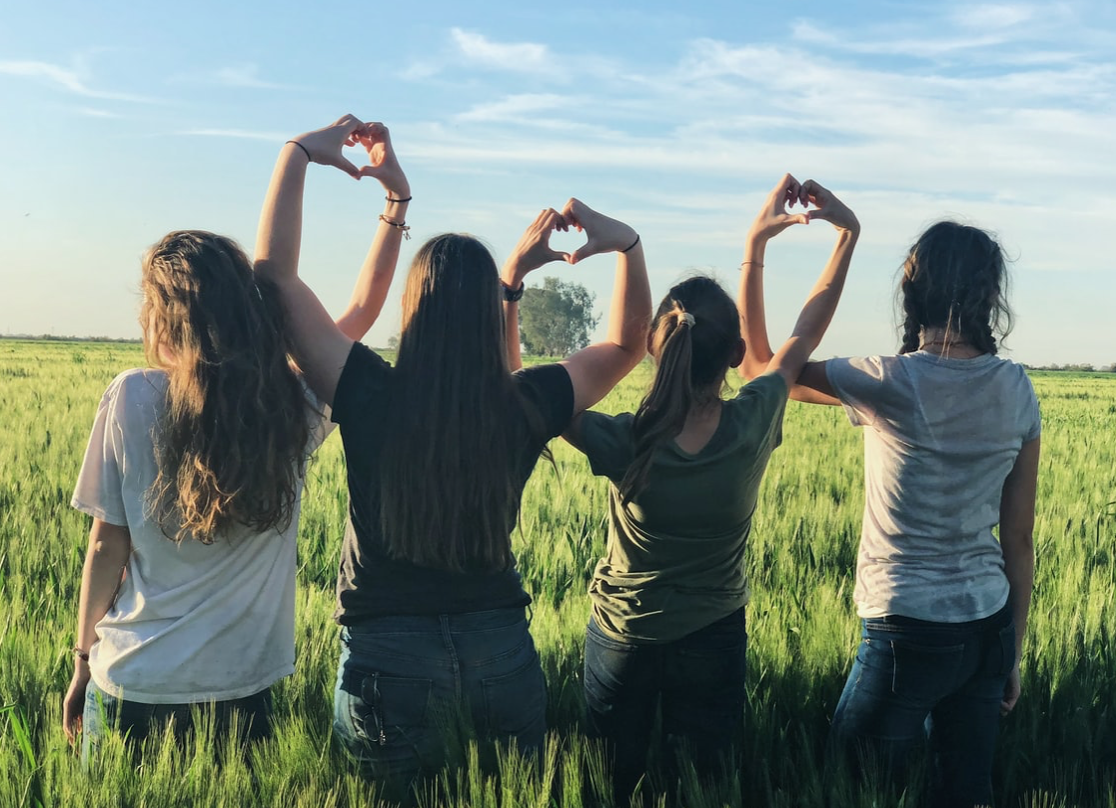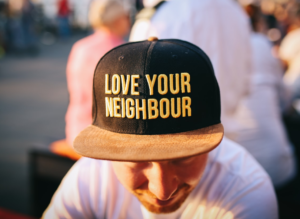Why Staying Socially Connected is So Important

Humans are social beings. It is in our DNA. Studies of our primate ancestors show that they traveled in groups for a variety of reasons, from more success hunting/gathering to reproducing and raising children. Social groups, at that time, were the difference between life and death.
Things might look different nowadays but, as people, we are still very much hardwired for social interaction. Being isolated from others is uncomfortable, even for the introvert. It is no wonder that feeling connected with others is so important to our overall mental and physical well-being.
As we enter Mental Health Awareness Month and reflect upon the past year and all the social isolation we have endured, we want to share reasons why staying socially connected is so important. As the National Alliance on Mental Illness touts in their latest campaign, “You Are Not Alone.” Here is why that matters:
Connections Are Key to Happiness
As people, we crave feeling supported, valued, and connected. Think about the flutter you get when someone tells you “good job” or likes an image or achievement of yours on social media. That warm feeling that fills you when your spouse, a child, or a friend gives you a hug. Those feelings of assurance you get when someone else expresses that they are similar to you in one way or other, maybe through a shared thought or experience. Think about calling a friend after a bad day or a good one and sharing that experience. That is all connection at work.
Research shows that a key difference between happy people and less-happy people is good relationships. No one wants to feel like they are in this life all by themselves. Feeling lonely is miserable. In fact, loneliness has been linked to a higher risk of high blood pressure in older adults. People who have meaningful connections tend to be in better health, they value their life and want to take care of themselves.

Social Connection Takes on Many Forms
Connection happens in a variety of ways. Sometimes it is a deep heart-to-heart conversation, while other times it is a funny text or email that lifts you up a bit.
Connection happens when:
- You get concrete help from another, such as when a neighbor picks up your child from school or helps you with an errand.
- You receive emotional support, like when a person says “I am so sorry for your loss.” Or when someone gives a hug or drops off a nice card when you are going through something tough.
- You gain perspective. This could be from an anonymous person on the internet, someone you haven’t even had a conversation with but what they said has impacted you. It is that aha moment.
- You receive advice. When someone else gives advice it helps to feel like they are part of your story. For example, a friend suggests you plan a weekly date night with your wife.
- You feel validated and heard. It feels good when you are going through something and you find out others have also gone through the same thing. You no longer feel alone in your struggle. Someone gets it.
How do you know if you have enough support?
There are a few things everyone needs when it comes to social support. We all need someone we are comfortable being around, someone we can let our guard down with. We need someone we feel like we can “tell anything” without judgment. Someone we can trust, who will take us seriously. We also need someone who can help us with problem-solving, a sounding board to bounce ideas off. We need to feel valued by others.
Making sure you have the right kind of support is crucial to being mentally healthy. A mental health counselor or therapist can help provide areas of connection that may be missing in your life. They can offer a different perspective. A counselor is trustworthy, someone you can tell anything, and will help you to problem solve and feel validated.

Staying Connected Safely
Even with the increase in those receiving vaccinations, the Covid-19 virus is still very much a part of our lives. What are some ways we can find and stay connected to others as safe as possible?
Utilize the internet and social media to connect through message boards, blogs, and photo sharing with family and friends. It doesn’t take much to feel connected. Be sure to call family and friends, even if it feels like the last thing you want to be doing. Get creative. An old-fashioned letter can go a long way to lifting someone’s spirits. Volunteer at organizations you care about so you can get to know like-minded individuals. Or, consider joining a book or other club of interest. Finally, socialize in person when you are able to put the proper safety mechanisms in place.
Online therapy is available so you can receive the support you need from the safety of your own space. It can be a great tool to get you feeling your best.
Ready to begin counseling in Pennsylvania?
Counselors at CW Psychological Services are professionally trained and licensed. We have openings for online, or telehealth, therapy appointments. Email us at [email protected] or call at (610) 308-7575.
